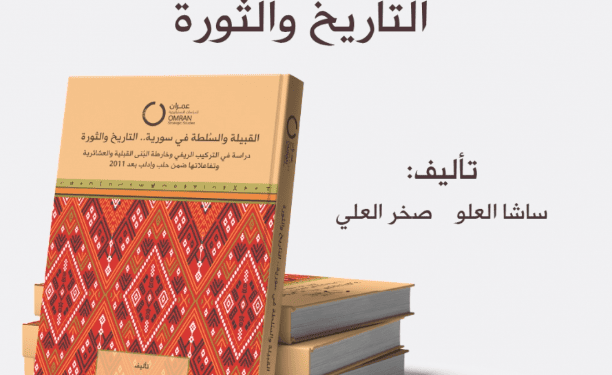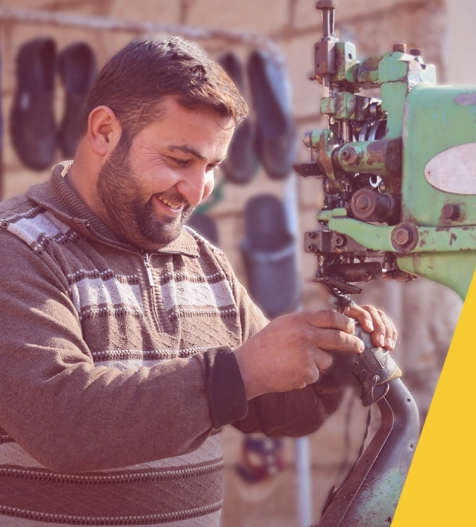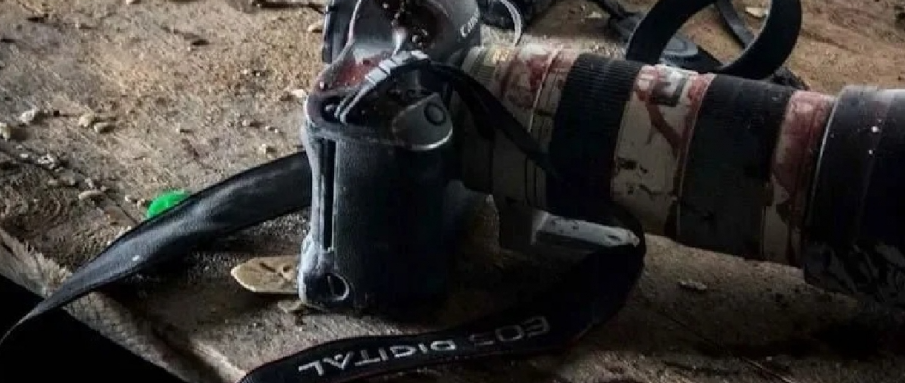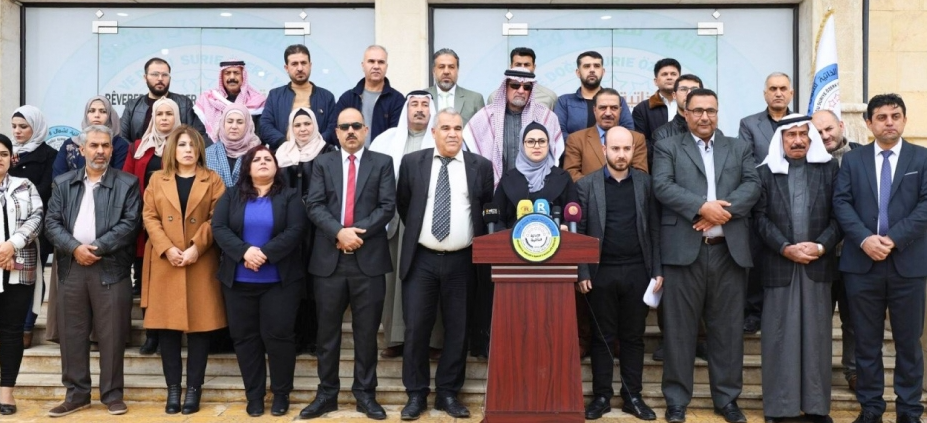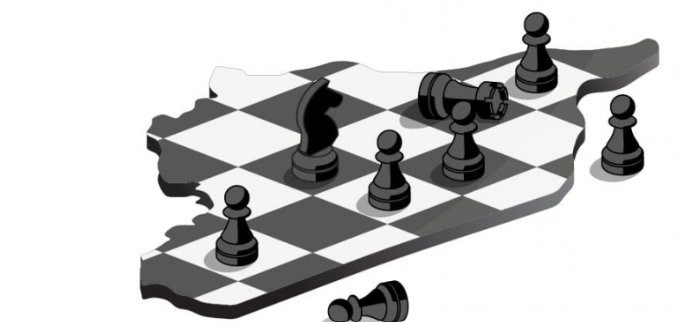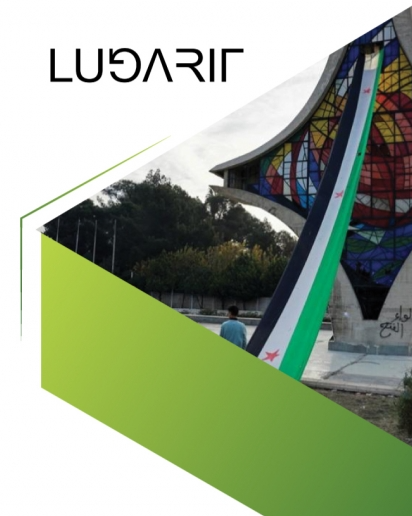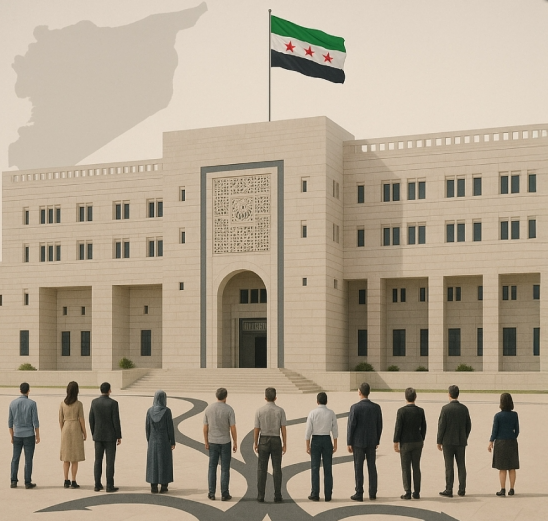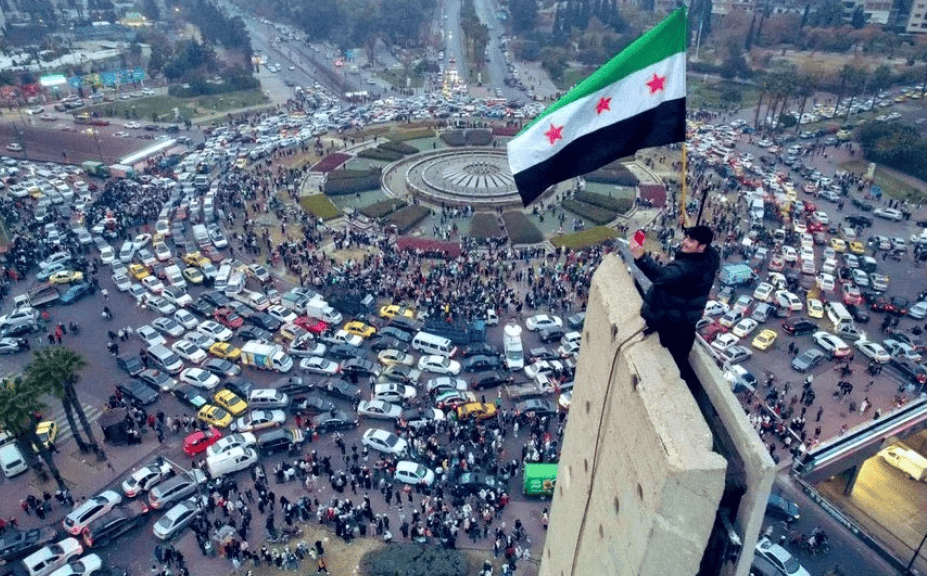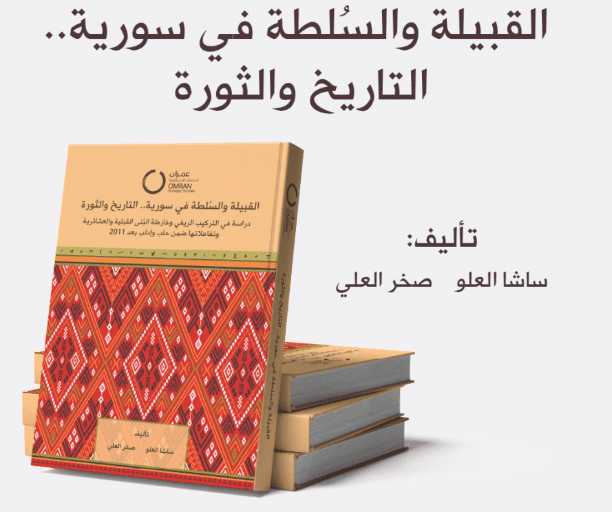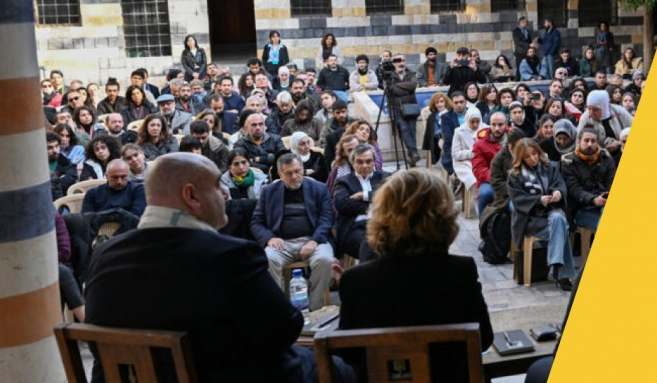Executive Summary:
The study divided its methodological structure and its informational and analytical context into three chapters. The first chapter represents an introduction and review of the history of tribes and clans in Syrian geography in general, and in the provinces of Aleppo and Idlib in particular. It also examines the form of their historical relationships with various successive authorities, the nature of their structural transformations, and the various variables that led to their current forms. This is done according to a systematic periodization process that covers seven historical eras and stages, represented by: (an overview of the history of the region and its tribes in ancient times, the Ottoman era, the era of the Arab government and the rule of King Faisal, the era of French colonialism, the era of nationalism and independence, the era of unity with Egypt, and Ba’ath rule: the first Ba’ath, the second Ba’ath/Hafez al-Assad, and the first decade of Bashar al-Assad’s rule). Within this broad historical scope, the study identified several variables to track and explore their impact in each era and phase, most notably: (the active tribes in the north; the nature of the relationship with the central authority and the factors that governed that relationship; the various roles of tribes and clans and their transformations; tribal conflicts and their inter-tribal relations; structural transformations: economic, social, political, and legal, and their effects; the most prominent tribal and clan migrations and displacements to and from the region; the variables and factors stimulating the dynamics of urbanization and stability; and the transformations in the concept of tribal leadership).
The second chapter begins where the first ended, examining the interactions of tribes and clans with the Syrian revolution after 2011, in its various stages, parties, repercussions, and effects. The chapter is divided into four sections. The first addresses: The demographic, economic and cultural reality of the tribal and clan areas in Aleppo and Idlib governorates on the eve of the revolution, presenting a map of their spread and number in the two governorates, which, according to a field survey, amounts to: 25 tribes with 220 clans affiliated with them, in addition to 27 independent clans, with their various ethnic components (Arab, Kurdish, Turkmen, Circassian, Gypsy). In contrast, a field survey of the number of geographical points occupied by these tribes and clans in Aleppo and Idlib governorates, amounting to approximately: 2033 geographical points, distributed among administrative units (city, town, village, neighborhood, and the most prominent farms). After defining and mapping this area, the chapter begins by examining the motives and forms of interaction of tribes and clans with the popular movement in 2011 during its early stages. It then moves on to examine the armament phase and its interactions within the Aleppo and Idlib governorates. It surveys the most prominent tribal military groups formed in the region alongside the Assad regime, numbering more than 23 military formations, compared to their counterparts established alongside the opposition, numbering more than 38 formations, between 2012 and 2020. It also examines the phase of jihadist organizations and the forms of their relationships with the region’s tribes and clans. The chapter concludes with an examination of the non-military roles played by tribes and clans during the conflict, particularly the challenges they faced as the central state’s authority declined and its various functions withdrew from these areas.
The second section of the second chapter: It addresses the forced displacement of tribal and clan structures in the two governorates and its complex effects, by surveying the displaced areas, studying the context of their displacement and the parties involved, in addition to monitoring the most prominent clans displaced from the rest of the Syrian governorates to Aleppo and Idlib. The study presents a detailed map of the processes and stages of forced displacement in the governorates of Aleppo and Idlib between 2012 and 2020, distributed among the tribes and clans and their areas that witnessed forced displacement at varying rates, totaling approximately 1,233 geographical points (city, town, village, and prominent farms), in addition to 30 neighborhoods in the city of Aleppo. It also examines the political and military context of the displacement, its multiple parties, and its complex effects on the tribes and clans. In addition to surveying the number of geographical points that have witnessed a partial return of their populations, approximately 556, and those that remain empty, totaling 707, by the beginning of 2023, the third section examines the nature and extent of the tribal component’s military participation within the most prominent military umbrellas and formations in the north until the beginning of 2023, across different areas of control and influence. It presents a map of the most prominent of these formations, in addition to tracing the effects of displacement on the factional map in Aleppo and Idlib governorates, particularly after the arrival of dozens of displaced factions from various Syrian regions. The fourth section, meanwhile, examines the phenomenon of the formation of “tribal and clan councils” in the north after 2016, and the movement, motives, and contexts behind their formation. This section surveys their number in Aleppo and Idlib governorates, which amounts to approximately 30 tribal councils, compared to more than 130 clan councils. It then focuses solely on examining the effectiveness of the 17 most prominent tribal councils, starting from the perspective of their members and then from the perspective of the region’s tribes and clans, to determine the dimensions, future, and various impacts of this experience. It also examines the experience of the “Family and Notable Councils” established in some cities of Idlib Governorate, as a parallel to the “Tribal and Clan Councils” in the rural areas of Aleppo and Idlib.
Chapter Three presents the results of a field survey conducted by the research team, mapping the tribes and clans of various ethnic groups (Arab, Kurdish, Turkmen, Circassian, and Gypsy) in the provinces of Aleppo and Idlib. This survey is presented through 52 graphic maps and 52 statistical tables, which illustrate the nature of each tribe, the number of clans affiliated with it in the two provinces, their most prominent families, and the geographical areas they occupy, distributed according to the official division of administrative units in the provinces of Aleppo and Idlib (city, town, village, neighborhood, and the most prominent farms). Based on what was reviewed in the previous chapters and discussions, the second chapter of which represented the beginning of its actual practical results, the study reached a set of additional results, conclusions and observations on several levels, whether in relation to tribal and clan structures and their geographical distribution, or at the level of the nature and trends of their interaction with the Syrian revolution, and their multiple roles in the political, military and local administration fields, versus the various effects of the conflict on those structures, especially forced displacement, passing through the phenomenon of forming tribal and clan councils and their current and future dimensions, arriving at the positioning of tribal and clan structures in the equation of power and the problematic relationship with the latter within the framework of managing fanaticism and the form of the state.


